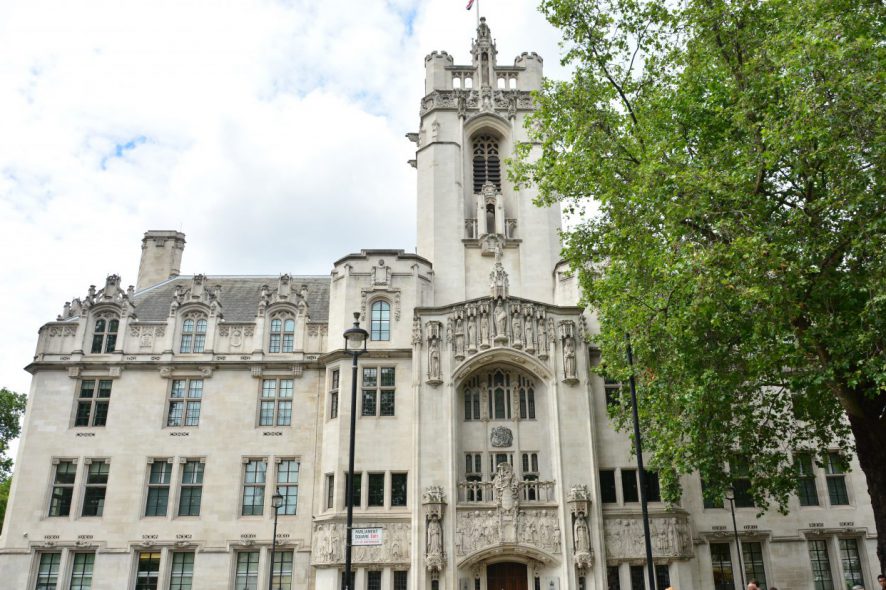Supreme Court of the United Kingdom: A Full Bench of Lord Briggs (President), Lord Carnwath, Lord Hodge, Lord Wilson and Lady Arden, JJ. allowed the appeal by a majority of three to two. Lord Briggs gives the main Judgment with which Lord Carnwath and Lord Hodge agree. Lady Arden and Lord Wilson each give a dissenting Judgment with respect to withholding consent of the landlord.
Hautford Ltd. was a tenant of a whole building in Soho under a 100-year lease. The lease is permitted that the whole property is to be used for residential purposes, however, at the time when it was granted in 1986 only the top two floors were used for residential purposes. Around 2013 the tenant developed other floors of the building into residential flats and then sought planning permission for the change of use. The lease contained a provision that the tenant must obtain the landlord’s consent not to be unreasonably withheld for any application of planning permission. The tenant sought consent from the landlord, Rotrust Nominees Ltd., which was ultimately refused. The landlord’s ground for withholding consent were on the basis that by turning the whole building into residential use, the tenant could have a strong claim under the statute for enfranchisement meaning to compel the landlord to sell the freehold to the tenant.
The High Court and the Court of Appeal both ruled that refusing consent based on the risk of enfranchisement was unreasonable when taking into account that the lease permitted use of the whole building for residential purposes.
Lord Briggs delivered the majority opinion and remarked that the case was not one with complex disputed fact nor did it deal with complicated points of law. Rather it deals with one simple question: did the landlord act was reasonable or unreasonable.
The Court summarised the established principle which is to be followed when assessing whether a party has acted reasonably:
- The grounds for withholding consent must be to do with the relationship of landlord and tenant in regard to the subject matter of the lease.
- Decisions should be based on the specific facts and care must be taken “not to elevate a decision made on the facts of a particular case into a principal of law”.
- The conduct only has to be reasonable it does not need to be right or justifiable.
With respect to the first test, Lord Briggs held that the real risk of enfranchisement was central to a landlord and tenant relationship and in relation to the third test; he held that enfranchisement would clearly adversely affect the landlord’s reversionary interest which was an essential type of consideration that the refusal of consent was reasonable.
Lady Arden and Lord Wilson disagreed with the majority holding and upheld the reasoning of the Court of Appeal and the High Court.
The Court granted the Appeal and considers that, on the undisputed facts; the landlord was acting reasonably in protecting the value of its property.[Sequent Nominees Ltd. v. Hautford Ltd, [2019] 3 WLR 981, decided on 30-10-2019]






